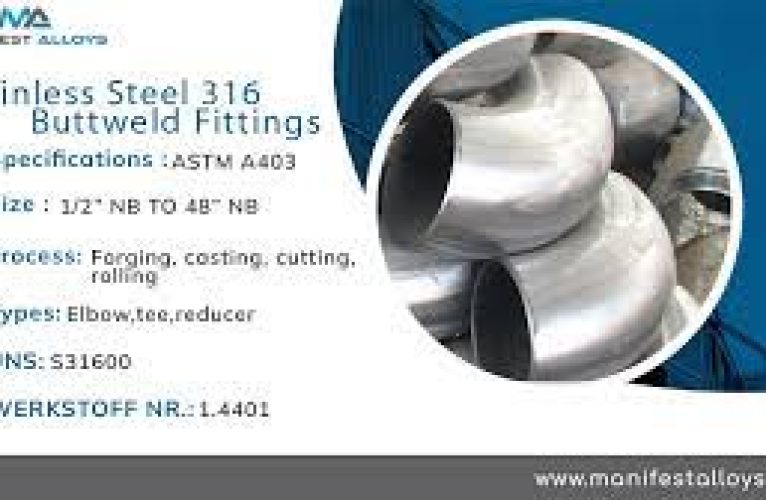How Does the Corrosion Resistance of Super Duplex Pipe Compare to Duplex and Standard Stainless Steel?


Corrosion resistance is a vital consideration in various industries, particularly when selecting materials for critical applications. Super duplex pipe, characterized by their exceptional corrosion resistance, have gained prominence as a top choice for demanding environments. This article delves into the corrosion resistance of super duplex pipes and compares them with both duplex and standard stainless steel. Additionally, we’ll explore the significance of super duplex round bars in these applications.
Super duplex stainless steel is a group of stainless steels known for their advanced corrosion resistance. Key features of super duplex pipes that contribute to their remarkable ability to resist corrosion include:
Super duplex pipes have found extensive use in industries where corrosion resistance and mechanical strength are paramount. Some key applications include:
The oil and gas industry relies on super duplex pipes for offshore and onshore applications. They are used in the construction of pipelines, subsea equipment, and processing facilities, where exposure to corrosive hydrocarbons is common. Super duplex’s resistance to stress corrosion cracking (SCC) and chloride-induced corrosion is a significant advantage.
In the chemical processing industry, super duplex pipes are employed in equipment such as pressure vessels, heat exchangers, and storage tanks. Their ability to withstand aggressive chemicals and high-temperature environments is invaluable for maintaining equipment integrity.
Super duplex round bar play a critical role in many applications where corrosion resistance and high strength are required. The corrosion resistance of super duplex round bars contributes to the reliability and longevity of these components.
To assess the corrosion resistance of super duplex pipes, it is essential to compare them with other materials commonly used in similar applications, such as standard duplex stainless steel and standard stainless steel:
Standard duplex stainless steel, while exhibiting good corrosion resistance, may not perform as well as super duplex in extremely aggressive environments. Super duplex stainless steel’s higher chromium, molybdenum, and nitrogen content provides superior resistance to localized corrosion, making it the preferred choice when facing severe chloride-rich conditions.
Standard stainless steel, such as austenitic stainless steel, has excellent corrosion resistance in many environments. However, its performance can be limited in corrosive conditions, especially those with high chloride concentrations. Super duplex stainless steel outperforms standard stainless steel, offering a viable solution for challenging applications.
Several factors can influence the corrosion resistance of super duplex pipes and their performance relative to other materials:
The alloy composition of super duplex stainless steel, including the ratio of chromium, molybdenum, and nitrogen, is a key determinant of its corrosion resistance. Variations in the alloy composition can affect its suitability for specific environments.
The temperature and the specific environment in which super duplex pipes are used significantly impact their corrosion resistance. Super duplex is an excellent choice for high-temperature, chloride-rich, or acidic environments.
The surface finish and any treatments applied to super duplex pipes can enhance their corrosion resistance. Proper passivation and polishing are essential for optimizing the formation and maintenance of the passive oxide layer that prevents corrosion.
In conclusion, the corrosion resistance of super duplex pipes is a standout feature that makes them a preferred choice in industries where protection against corrosion is critical. Their high chromium and molybdenum content, along with a dual-phase microstructure, enable them to excel in demanding environments.
While standard duplex and standard stainless steel have their own merits in terms of corrosion resistance, super duplex stainless steel often outperforms them, particularly in challenging conditions characterized by aggressive chemicals and chloride-rich atmospheres. However, the choice of material should always consider specific project requirements, alloy composition, temperature, and surface treatments. By carefully evaluating these factors, you can ensure the reliable and long-lasting performance of super duplex pipes in corrosive environments.
Introduction to Braided Wigs Braided wigs have become a game-changer for many Black women, offering...
In today’s fast-paced world, having a reliable key cutting service nearby is a must. Whether...
Venturing into the world of business ownership can be a daunting task. With numerous decisions...